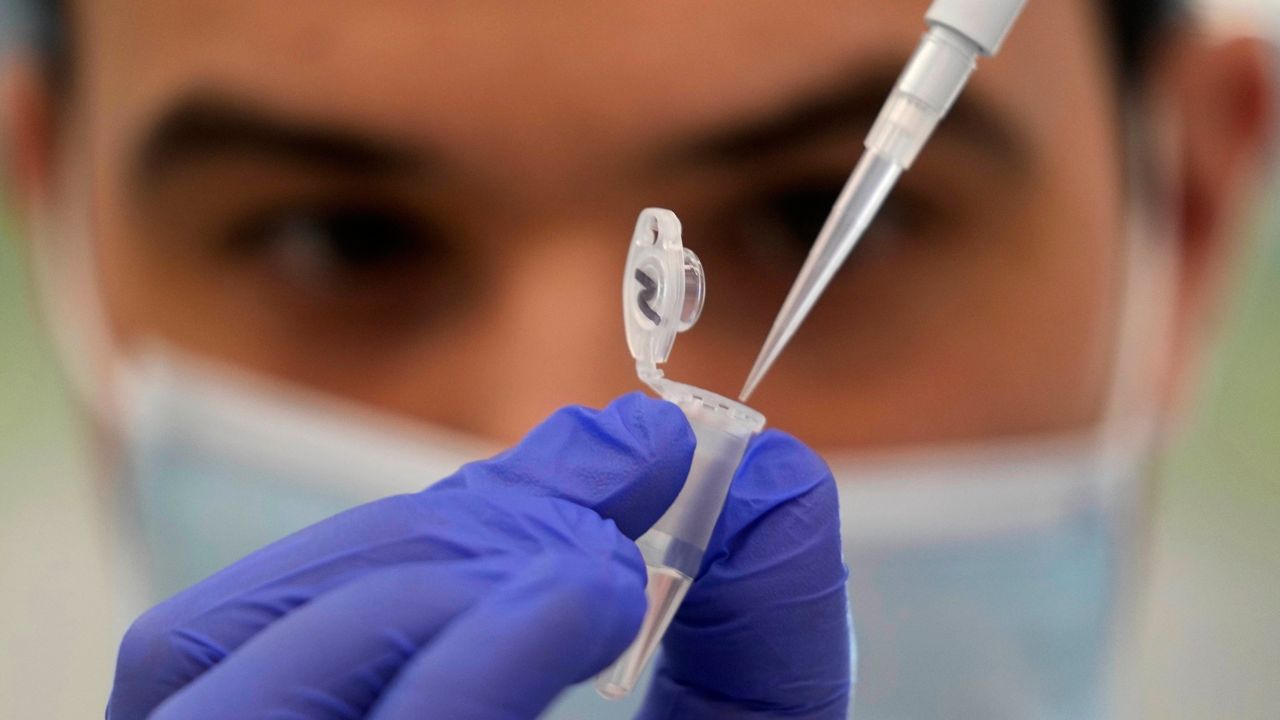CLEVELAND — While the pandemic is not quite over, scientists are already investigating how coronavirus works and the best ways to treat it.
University Hospitals recently received a $200,000 grant from the American Lung Association to study COVID-19's long-term consequences and outcomes.
“There is an urgent need to better understand the pathobiology and both long-term and immediate clinical implications of SARS-CoV-2 viral infection that leads to COVID-19’s death rates,” said Kenneth E. Remy, MD, MHSc, MSCI, FCCM, Division of Pulmonary/Critical Care and Pediatric Critical Care at University Hospitals, Principal Investigator for this study, and Ellery Sedgwick, Jr. Chair and Distinguished Scientist in Cardiovascular Research. “The pandemic showed us that we need to increase our knowledge about the potential emerging threat of other novel respiratory viruses. Thanks to this grant, UH will be at the forefront of this work.”
The two-year grant will aid researchers in gaining a new understanding of the basic biology of respiratory viruses to create better treatment and prevention. The grant will also help researchers identify host factors which alter responses to the infections.
Researchers will also investigate individual, regional and social factors that affect the increase or decrease in community spread of COVID-19 and other respiratory viruses. They will also learn epidemiological approaches to understanding COVID-19 and other viruses while tracking cases.
Remy and his team, Monty Mazer, MD, pediatric cardiac intensivist, UH Rainbow Babies & Children’s Hospital, and Rana Hejal, MD, Medical Director, MICU, UH Cleveland Medical Center, received this support from the ALA because of evidence of their ongoing excellence and productivity in the fields of immune phenotyping and surveillance.
Research projects funded by the ALA are selected through rigorous scientific review and awardees represent the investigation of a wide range of complex issues.



